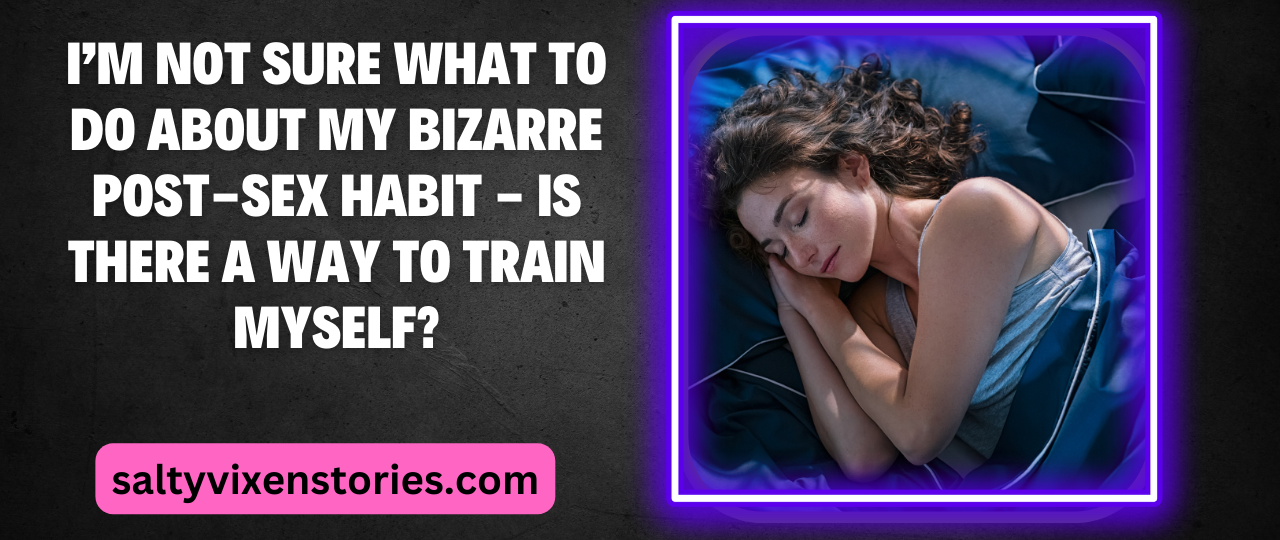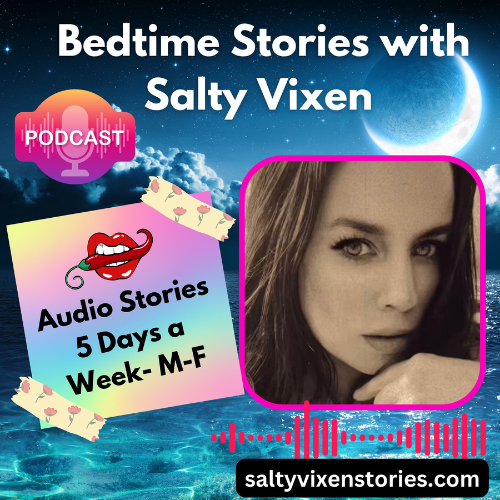Dear Salty Vixen,
I’m a mid-20s trans man who’s never had partnered sex for various reasons (autism, gender dysphoria, long-distance relationships, etc.) and so this has always been more a quirk than a problem. However, as I feel more comfortable in my body, and as my long-distance relationship is very possibly no longer long distance in the near future, it seems like it is best to ask about it before it becomes a problem.
Basically, at least when masturbating, I fall asleep almost immediately after I cum, and fall asleep hard. Like “conked out for at least 30 minutes” hard. Like I said, solo this is not a problem and I have to say I’ve never thought that hard about it. But lately, I’ve been thinking “It would suck to fall asleep like that in the middle of something with a partner.” For one thing, it would just be rude, and also generally annoying logistically.
So I guess my question is: Is this a documented thing? Is there a way to train myself out of this automatic sleep button or is this just a physiological quirk I should work around? Would “hey, if you get me off too early I’ll probably pass out” be a bizarre thing to say to someone?
—Snoring Isn’t Cool Or Is It?
Dear Snoring,
First, we all snore, even if you someone says they don't. They do. With that said, falling asleep after orgasm is incredibly well documented, and occurs across gender presentations and genital arrangements. Vasopressin and oxytocin seem to be the likely culprits—chemicals your brain releases larger amounts of during sexual activity—and both are linked to sleep. Falling asleep almost immediately, hard, for at least 30 minutes does sound like a pretty extreme version of this phenomenon, and communicating this to potential partners is a great idea. “Hey, if you get me off too early I’ll probably pass out” is clear, informative, and exercises brevity. A+.
I really want to dig into the idea of “bizarre” things to say to people, and it’s my column, so off we go. We live in a society that caters to a certain type of mindset, and a certain way of experiencing the world. You’re neurodiverse, I’m neurodiverse, and I’m not sure the social norms we live under are doing all that much good for neurotypical people, either.
Sexually progressive practices and statements are often received with something ranging from scandal to criminalization in our modern world. Homosexuality was listed in the DSM—the diagnostic manual sometimes referred to as the “bible of psychiatry”—as a disorder until 1973. The U.S. legal system still doesn’t know how to categorize partners and non-sexual loved ones who aren’t blood or marriage family, or relationship structures that are more complex than a dyad.
The norms are narrow and messed up. Direct communication about sexuality still feels awkward or strange for swaths of adult humans. Look for people who appreciate you as you are, who can hear you when you communicate in ways that are natural for you, and who strive to understand you as an individual and allow you to do the same with them. I think you’ve got this.











